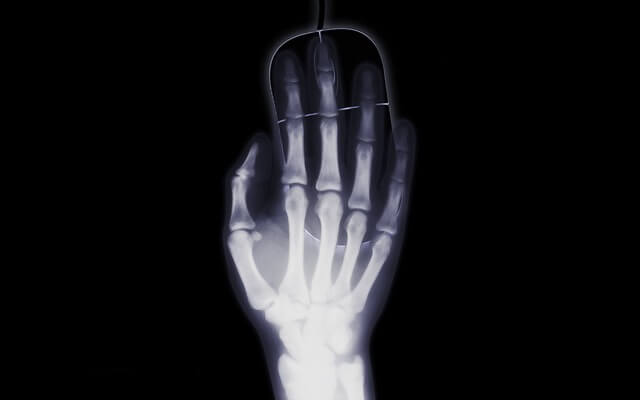A pioneering clinical trial of an experimental oral medication designed to eliminate radioactive contaminants from within the body has commenced.
The trial aims to evaluate the safety, tolerability, and physiological processing of escalating doses of the investigational drug called HOPO 14-1 in healthy adults. The Phase 1 trial is funded by the National Institute of Allergy and Infectious Diseases (NIAID), a part of the National Institutes of Health, and is sponsored and conducted by SRI International, located in Menlo Park, California.
Internal radioactive contamination occurs when radioactive substances are absorbed through open wounds, inhalation, or ingestion. This type of contamination can arise from accidents at nuclear power plants, the detonation of a “dirty bomb,” or a nuclear weapon. As the radioactive elements decay, they emit ionizing radiation, which can cause harm to DNA, tissues, and organs. Removing the radioactive elements from the body as soon as possible after contamination occurs is one method of reducing the risk of damage.
The Food and Drug Administration has approved two products for eliminating internal radioactive contamination. These drugs, based on diethylenetriamine pentaacetate (DTPA), are administered intravenously by healthcare professionals and can remove three radioactive elements: plutonium, americium, and curium.
In contrast, HOPO 14-1 has been formulated as an oral capsule, making it easier to stockpile, deploy, and administer during emergencies compared to an intravenous drug. Preclinical research has demonstrated that HOPO 14-1 can effectively eliminate numerous radioactive contaminants, including uranium and neptunium, in addition to plutonium, americium, and curium. These studies have also indicated that HOPO 14-1 is up to 100 times more efficient than DTPA in binding to and eliminating these radioactive elements.
NIAID has been supporting the discovery and development of HOPO 14-1 since 2006. The active pharmaceutical ingredient in the drug is known as 3,4,3-LI(1,2-HOPO).
The clinical trial is being conducted at a site in Plymouth, Michigan, under the supervision of Dr. Sascha N. Goonewardena, a physician investigator at SRI’s Clinical Trials Unit and an assistant professor of medicine at the University of Michigan Medical School in Ann Arbor. The study aims to enroll 42 healthy participants between the ages of 18 and 65 into seven groups of six individuals. The first group will receive a 100-milligram (mg) dose of HOPO 14-1, with subsequent groups receiving progressively higher doses of the investigational drug, up to 7500 mg in the final group if lower doses are determined to be safe. Participants will undergo thorough safety monitoring and will be followed up for 14 days to assess the absorption, distribution, and elimination of the study drug. The results are anticipated to be available in 2024.
For additional information about the trial, please refer to ClinicalTrials.gov under the study identifier NCT05628961.


